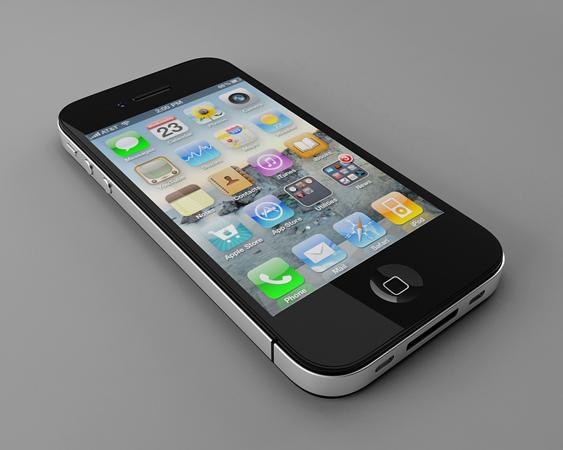 It has become inevitable. You are sitting in class, listening intently to a lesson when suddenly you feel a quick buzz coming from your phone. Immediately your mind races, asking yourself who messaged you, what they said and when can you sneak your phone under the desk to reply. This has become a commonplace reaction in today’s iPhone era.
It has become inevitable. You are sitting in class, listening intently to a lesson when suddenly you feel a quick buzz coming from your phone. Immediately your mind races, asking yourself who messaged you, what they said and when can you sneak your phone under the desk to reply. This has become a commonplace reaction in today’s iPhone era.
With the recent flourishing of smartphones, each with one more app or megapixel than the next, there has been an unhealthy union between people, most commonly teens, and their phones. Phones have a bizarre power over us, with the ability to invade our thoughts and interactions with a vibration, like a dog with a shock collar. Although an iPhone may be able to tell you the weather or have Siri find the closest restaurant, it takes away your ability to interact with people on a personal level. Whether it is at the grocery store, at dinner, or in your own home, the only interaction you see is that between someone and their digitalized touch screen.
Meanwhile, there are only the occasional few who spend time with friends and family, although even that time is spent taking pictures to post to Facebook or sharing their activities with Twitter.
“I think they control me a lot because I am always checking Facebook,” sophomore Theresa Nguyen said.
Some may point out that phones are centered around the purpose of contacting others and that these phones only help personal communication. However, although they do connect people, they reduce the need to connect in person and hinder the social skills that stretch beyond their heavy texting vocabulary. In short, I am worried about our generation’s future, now visualizing the scene from Wall-E in which people sit in a recliner with a phone and endless food but without any sense of human interaction.





